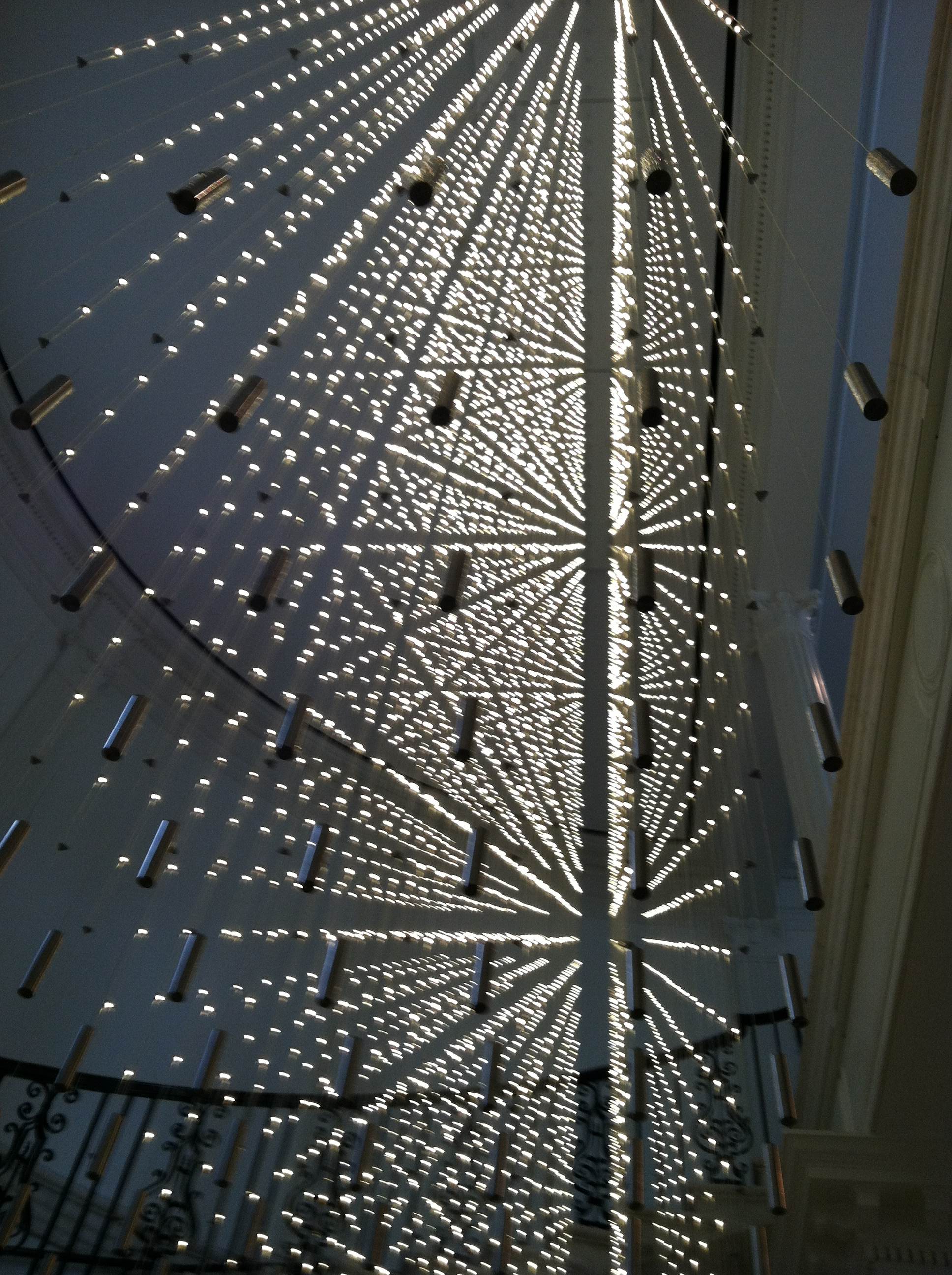One of the things that Reiki 2 Classes are known for is teaching students how to send Reiki healing energy from a distance. What this means that is that you learn a series of Reiki symbols that allow you to send Reiki to those you cannot touch. This may be people who are at a physical distance from you or those physically near you who you cannot touch or they are unwilling to be touched.
For instance, I often send Reiki to my family members who live throughout the United States. (When I’m in their physical presence I’m often able to offer hands-on Reiki.) After the symbols are created and the intent is set to send Reiki, I visualize them in a state of wellness — their illness resolved or a barrier to their self-realization lifted. The visualization might be of everyday activities being done with ease for someone suffering from mobility issues. For example, seeing in my mind’s eye the ease with which my father gets out of the car, makes dinner and moves about his house with ease, comfort and confidence — grounded through his feet. Sometimes the visualization is as simple as seeing a smile on someone’s face.
When students learn Absent Reiki, they often relate it to their experience with prayer. Indeed, it is like a prayer in that we are setting out a positive intention for a particular outcome. With Absent Reiki, we are calling on universal life force energy to help realize that outcome. As we visualize this positive state for the recipient, it is not necessary for the Reiki practitioner to know all the details of how the healing will occur. Just visualizing the recipient in a state of wellness and contentedness is enough. Reiki, and the person’s innate healing abilities, will take care of the details of healing. Sometimes after we send Absent Reiki we find out that the recipient sought out a medical treatment that had long been delayed. Reiki opened the pathway for healing to occur.
As with all Reiki the recipient is always in charge. The Absent Reiki cannot harm or overwhelm, as it is not the sender who controls it, but the recipient takes in the Reiki as needed for his/her highest healing good.
Sometimes in an office setting, I will do Absent Reiki prior to a meeting to set a positive intention for the gathering. I might visualize the participants collaborating and talking freely and leaving the meeting with a sense of accomplishment. I might visualize smiles on people’s faces and a sense of teamwork in the room. By setting this positive intention with the sending of Reiki, I set the tone for the meeting and allow each individual’s life force energy to unite in that moment for the highest healing good.
As with all Reiki, Absent Reiki benefits the sender as well. The Reiki practitioner receives Reiki as she offers it to the recipient. It is not her personal energy that she sends to another, but universal life force energy. The energy of the universe is infinite.
If you have completed Reiki 1, I hope you’ll join one of my Reiki 2 classes to learn this powerful way of offering healing energy. If you are practicing Absent Reiki, I’d love to hear your healing stories! Please share them in the comments.
Wishing you love and light!
[twitter-follow screen_name=’u_r_reiki’]




